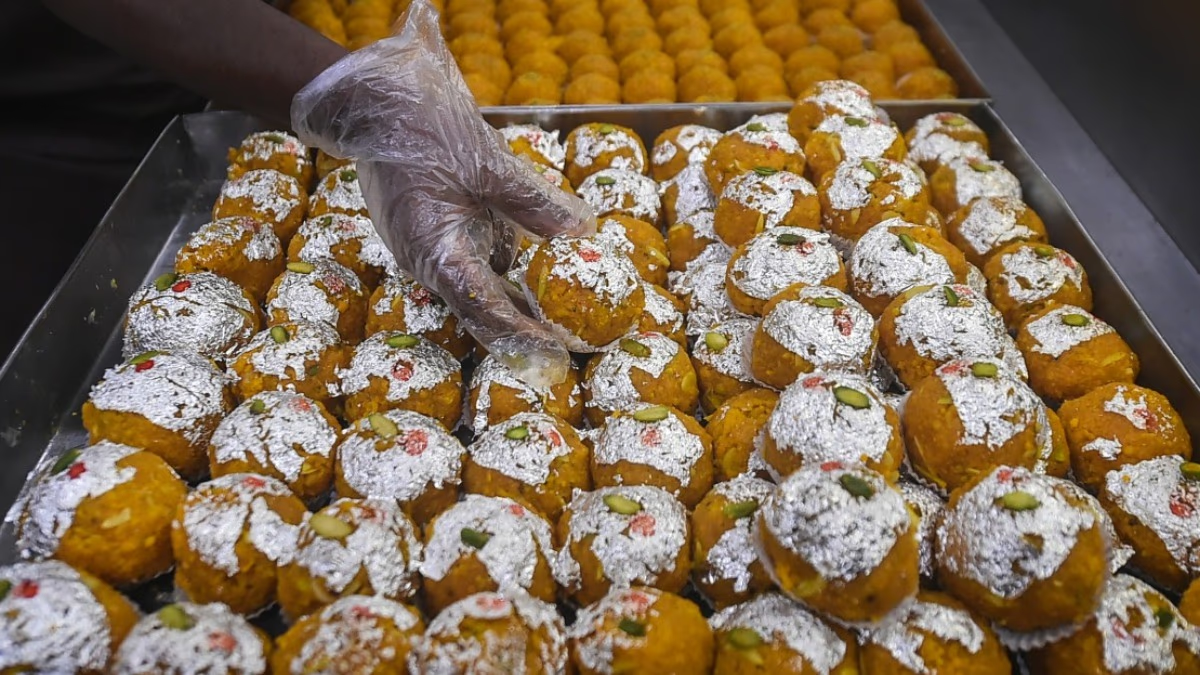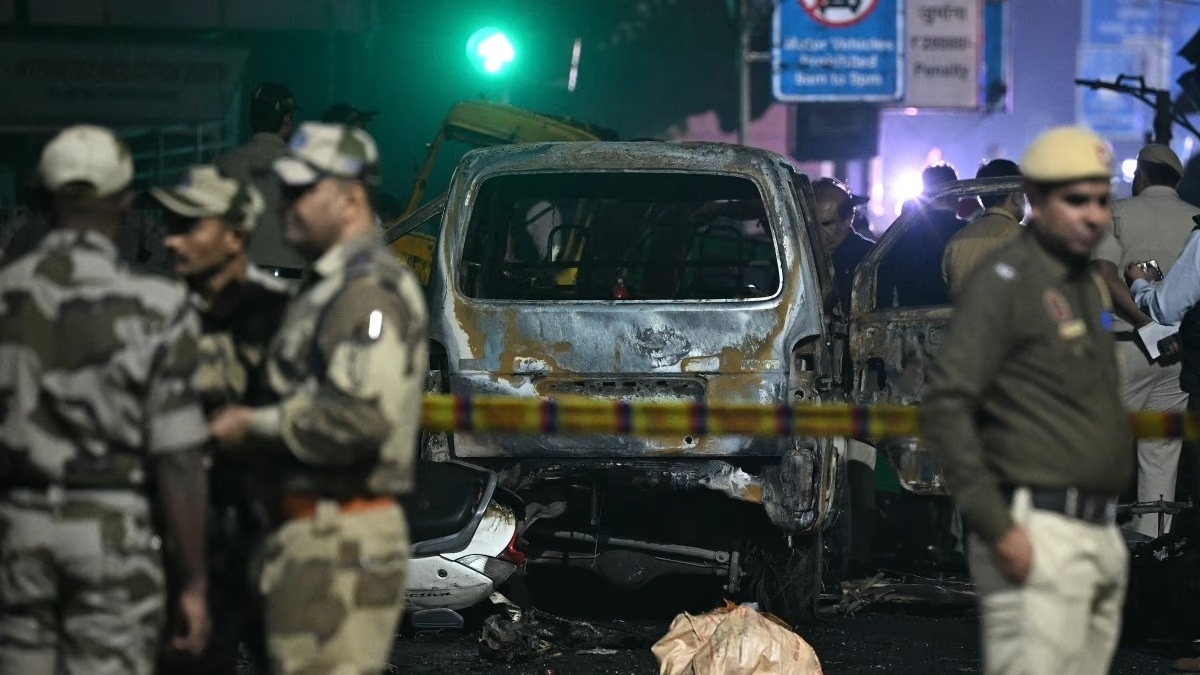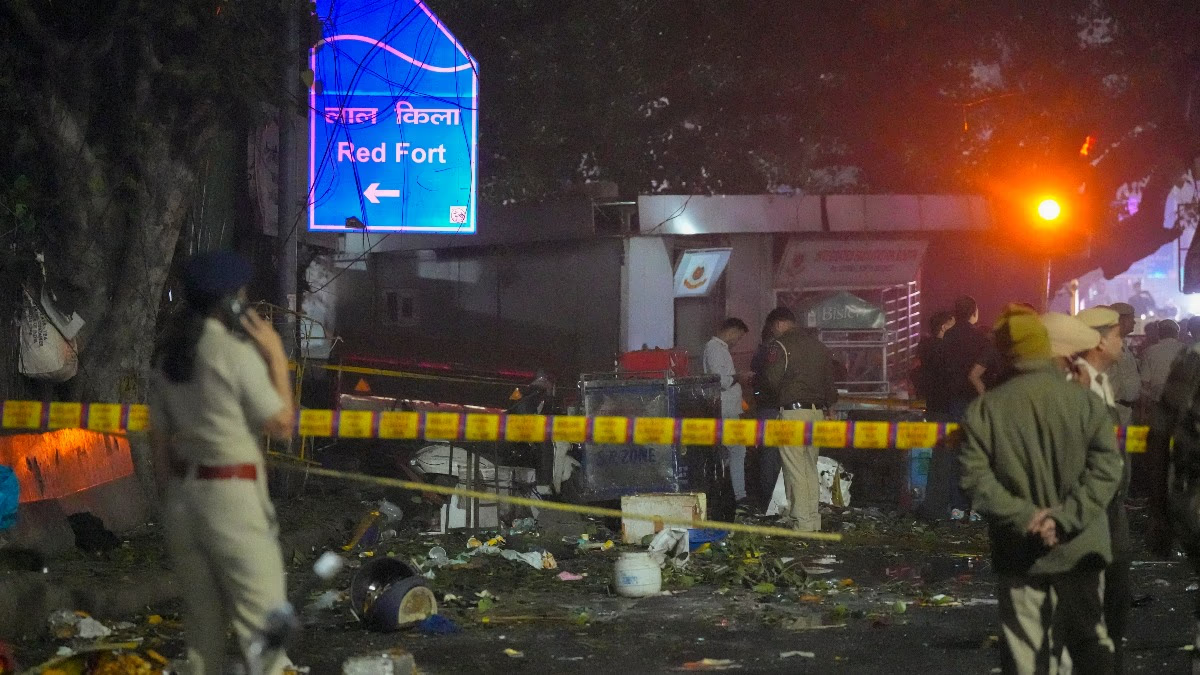The festivities of Diwali have enveloped the nation, homes brim with delicious sweets and savories, and among them, laddus are seeing a tremendous sale. Amidst this, Aaj Tak initiated 'Operation Laddu' to scrutinize the purity of sweets sold outside renowned temples in Delhi, Lucknow, and Mumbai. Herein, the lab experts meticulously collected samples from selected temples and surrounding shops, dispatching them to various labs to gauge their conformity with purity norms.
Delhi: Samples from Esteemed Temples and Sweet Shops
In Delhi, the collaboration between Shri Ram Institute and Aaj Tak teams embarked on a quest across four sites, including Jhandewalan Temple, Hanuman Temple at Connaught Place, Punjab Dairy, and Manohar Cake at Vijay Nagar.
Jhandewalan Temple-
Near the heart of Delhi, a shop assistant openly admitted to crafting sweets not with ghee but with vegetable oils, yet granted the team 250 grams of laddu for examination.
Hanuman Temple (Connaught Place)-
Here, the team procured 'pure ghee prasad' from a temple outlet. Due to temple rules, a video of 100 grams laddu purchase was filmed from afar.
Punjab Dairy (Delhi) -
At Ashok Vihar, the team discreetly collected half a kilo of costly ghee (850 INR per kg) ensuring no skewing of the test process.
Manohar Cake (Vijay Nagar)-
From a popular sweet shop in a middle-class stretch of Delhi, a 250-gram sample of boondi laddus, claimed to be made with pure ghee, was acquired.
After a week's analysis, Dr. Mukul Das, Director of Shri Ram Institute, confirmed the results. Out of four samples, three met the purity standards, containing no adulteration, whereas the fourth was crafted using vegetable and refined oils. Thus, samples from Hanuman Temple, Manohar Cake, and Punjab Dairy adhered to ghee standards, unlike the Jhandewalan sample wherein edible oil usage was corroborated by the vendor's admission.
The Aaj Tak team ventured into Lucknow, assembling samples of sweets sold near the Manakameshwar and Hanuman Setu Temples. These samples from reputed sweet shops were dispatched to the State Government's Food Safety Department lab for thorough examination.
Manakameshwar Temple-
Near this illustrious temple, shop owner Dharm Yadav defended his product's integrity, asserting scrutiny of any doubts. Nonetheless, a sample from his shop revealed a BR (Butyro Refractometer) reading of 56.87, indicating the presence of refined vegetable oils over ghee.
Hanuman Setu Temple-
From over 60 years of legacy, a laddu sample was sourced from a nearby, asserting its ghee composition, which successfully passed the lab tests, affirming its genuineness.
Vineet Singh, Assistant Commissioner at the UP Food Safety Department, reported that one sample evidenced the use of ghee, whereas BR readings in another pointed to vegetable oil presence. Among Lucknow’s temple sweets, only one temple showcased ghee utilization.
In Mumbai, Aaj Tak's team scrutinized the famed Siddhivinayak Temple's prasad. The samples were delivered to TUV India's lab in Pune for extensive testing.
TUV India's findings revealed both laddu and barfi samples were pristine, free from contaminants. They adhered to all Indian Food Safety and Standards Authority (FSSAI) guidelines concerning fatty acid profile, chlorophyll levels, and were devoid of synthetic dyes, arsenic, or banned substances. The laddus and barfi from Siddhivinayak were deemed safe and consumable.




